Start Ups are Not For Everyone
Start-ups are not for everyone, plain and simple. It requires a strong work ethic, keen attention to detail, and an ability to “roll with the punches”. In a short period of time, a startup will teach you more about your aspirations, your professional capacity for work, and your capabilities than you may have learned up until that point. Your perception of what is difficult or beneficial will shape the impact a start-up has on you.
Wearing Multiple Hats
Start-up environments allow you to “wear multiple hats”, meaning your roles and responsibilities will not always be linear and you may take on several different roles. “All other duties as assigned” (on your job description) comes into play as you may flip-flop from writing a blog post one day to completely revamping the organizational operations the next. Organization within a startup has a heavy emphasis on balancing multiple projects and strategically identifying ways to stay on track.
Growth Opportunity
Growing into and developing the position you want is an advantage within start-up organizations. For me, that became an operations role, however it has looked completely different for some of my colleagues who fell into Marketing and Finance roles with the same baseline responsibilities as me. Identifying our strengths and weaknesses, as we took on multiple tasks to help the organization grow and thrive enabled us each to craft the role that we want for ourselves.
Collaboration and Teamwork
We often fall into categories, introvert vs. extrovert, independent vs. collaborative, flexible vs. structured, etc. Each of these categories work well within start-ups and a small team allows for more collaboration and a direct line to supervisors. Growing your cross-departmental collaboration and teamwork experience enhances essential professional skills. Autonomy, which I discuss next, provides an opportunity for introverts and independent workers to thrive as well.
Autonomy
Within all organizations, everyone has roles and responsibilities that make the organization run effectively. In a start-up, you have a lot of autonomy within your role and ability to impact changes within the organization. Autonomy may result in the development of insights vital to the growth of the startup and will enable you to be a thought partner.
Impact and Mission Alignment
All organizations have a mission and vision statement, but start-ups, similarly to nonprofits, are usually very mission driven. At Diverse Talent, we live and breathe our mission every day, allowing us to have an impact both internally and externally in the community, and through the organizations and people we serve.
As a smaller organization, the ease of building a mission aligned team increases because the language used to talk about the organization is central to a majority of daily conversations as a team or with the community. When everyone acts as an advocate, everyone learns how to advocate for the community they serve.
Career Start
Working for a start-up will shape your career trajectory because it:
1. Teaches you how to work in a fast-paced environment.
2. Allows you to identify your personal and professional strengths and weaknesses.
3. Showcases your true passion.
4. Shows you how to be an advocate for an organization.
5. Teaches you accountability, the value of teamwork and knowledge growth.
6. Demonstrates what you do or do not desire within your next role.
My advice to you, if you are thinking about working for a start-up, figure out how to make your own impact and decide what that means to you. Going into it have an open mind, be ready for a challenge, and be willing to start something new. If any of those are difficult for you, a start-up may not be for you.





